
The best snow on earth has a name
Plan Your Japan Ski Trip With Real Japow Insight
If you're here, you already know: there's powder and then there's Japow. The kind of snow that makes every turn feel effortless, and every one more run turn into five.
Japow Travel pulls together 100+ resort reviews, detailed Japow Scores, and straight-talking guides so you can chase the right storms, not just the biggest names from Hokkaido's cold smoke to Honshu's big-mountain lines.
New to skiing or snowboarding Start with our beginner-friendly resort shortlist.
Find the right Japow for you
Different trips need different mountains. Pick a vibe and we'll send you to the resorts, guides and lists that actually fit your crew.
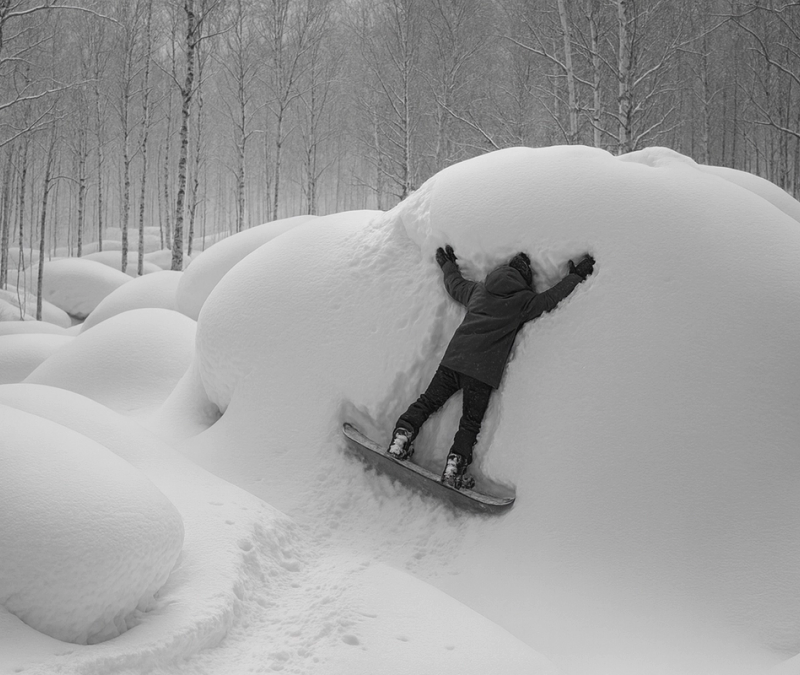
Beginner-friendly ski resorts in Japan
Wide green runs, friendly ski schools, and mellow base areas. These are the best picks for learning turns, building confidence, and actually enjoying your first few days on snow.
Open the beginner shortlist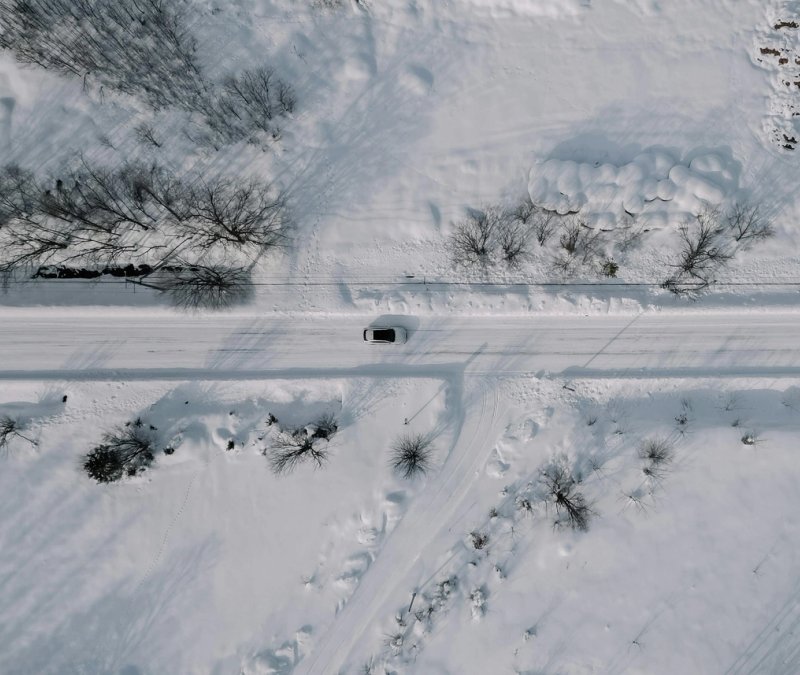
Deep powder hunters
Looking for storm cycles, tree lines and lift-access powder? Use our Hokkaido powder routes and hidden-gem resort picks to line up big snow with terrain that skis well all day.
Plan a powder route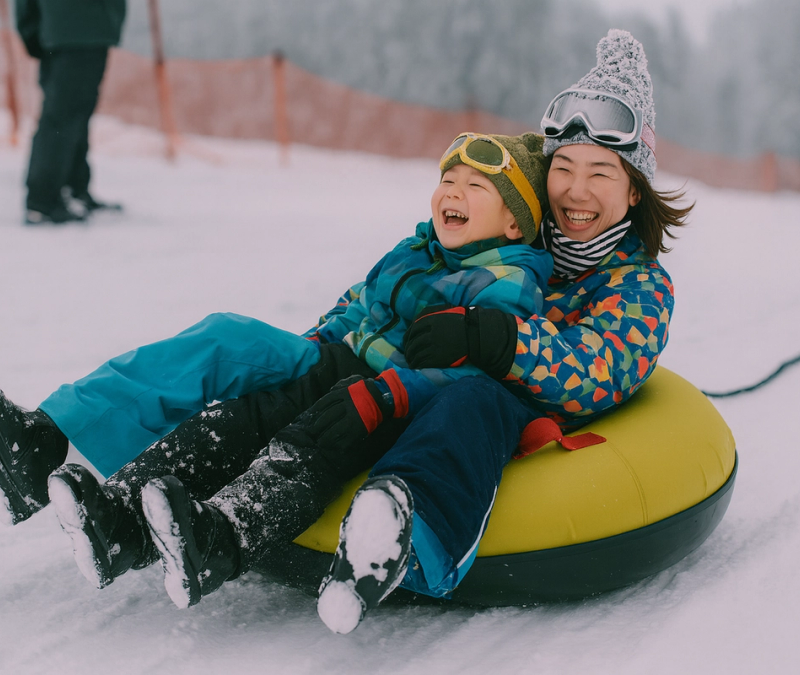
Family-friendly mountains
Warm lodges, gentle runs and easy logistics. Explore Japan's family resorts for younger kids (and separate picks for teenagers) where the skiing and the day-to-day both work.
See family-friendly picks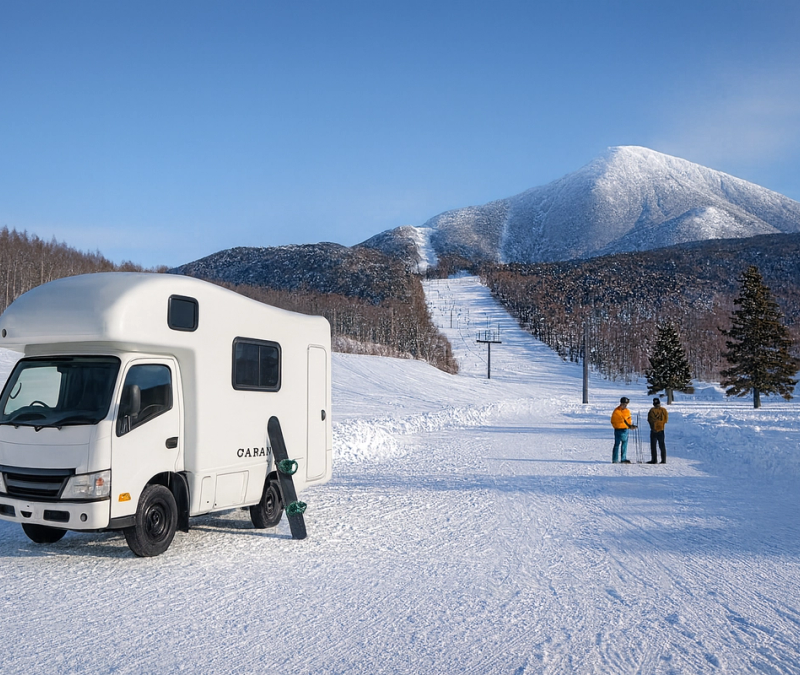
Budget road trip and van life
Keen to stretch yen, not your patience? Use our budget-friendly resort list to link quieter hills, cheaper lift tickets and low-key towns on a single trip.
Browse budget-friendly resorts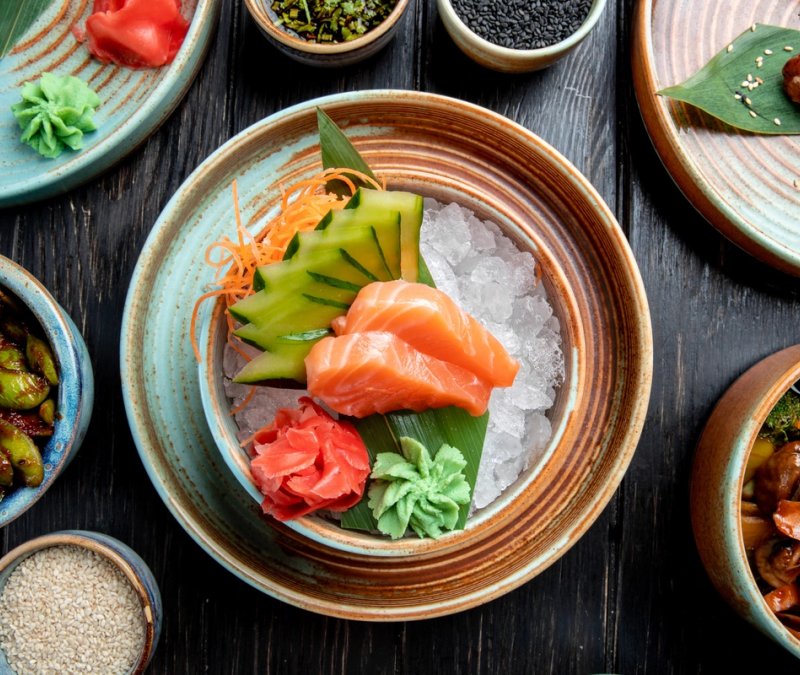
Onsen, food and culture-heavy trips
For skiers who care as much about ramen and hot springs as pow. Dive into our food guide, onsen etiquette primer and izakaya picks in the best ski towns.
Read the food and drink guideTop Japow resort picks this season
These are the kind of resorts that keep turning up in our shortlists based on the Japow Score mix of snowfall, crowds and lifts, and terrain and tree riding.
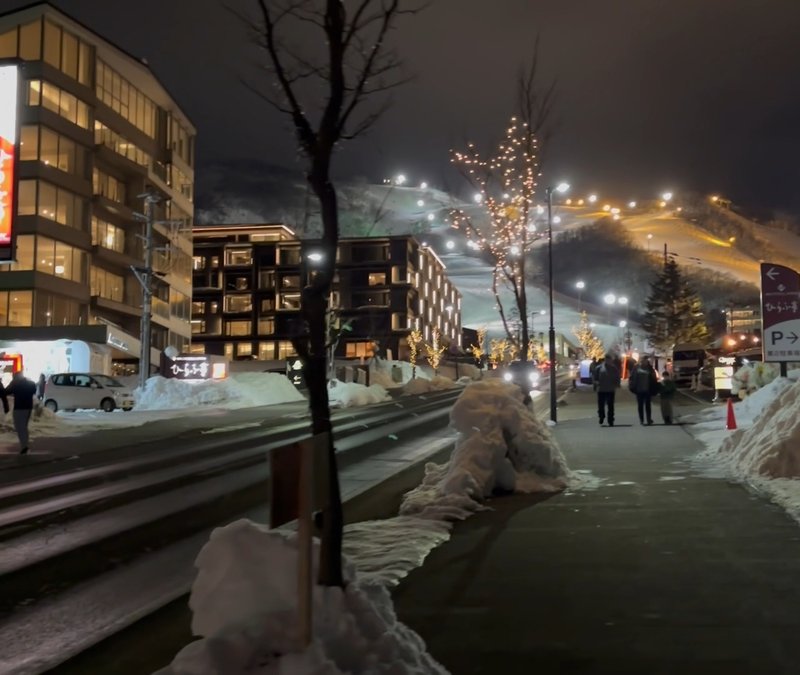
Niseko United, Hokkaido
Storm cycles, gate-access sidecountry and a genuinely big mountain feel. Niseko combines famous powder with a wide variety of lines and a lively town if you can live with the crowds.
Read the review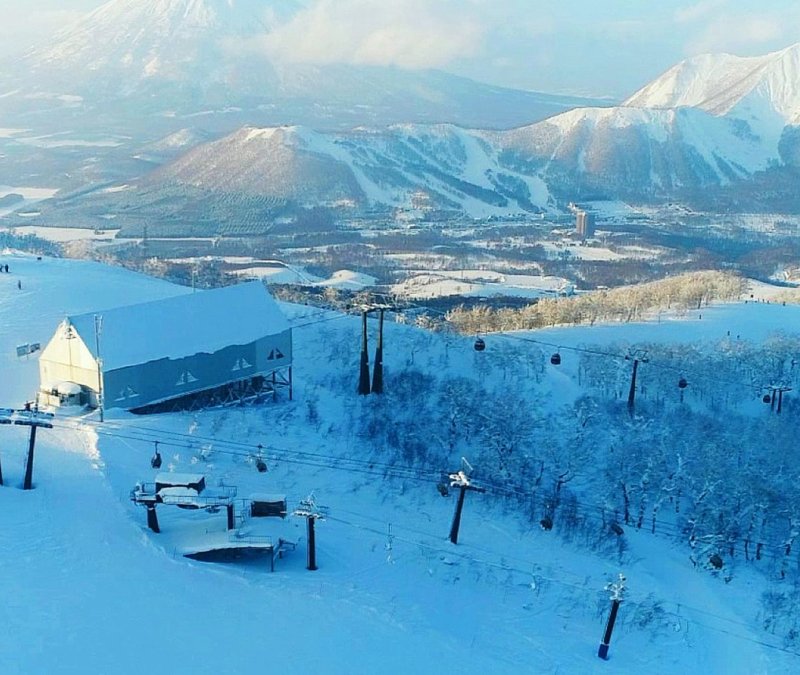
Rusutsu, Hokkaido
Long fall-line trees, modern lifts and mellow resort logistics. Rusutsu feels like a purpose-built Japow playground, with enough terrain variety to keep strong riders entertained for days.
Read the review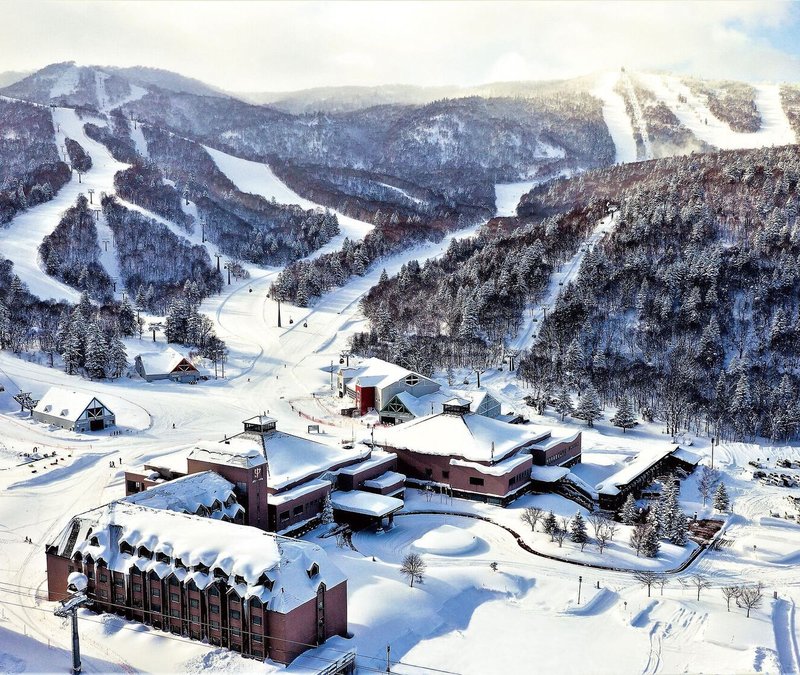
Kiroro, Hokkaido
A Hokkaido storm magnet with deep snow, playful terrain and a slightly quieter feel than the biggest names. Great for trees and powder days when the weather turns on.
Read the reviewExplore Japan's ski regions
Japan isn't one big snow blob. Each region has its own flavour from Hokkaido's cold smoke to Honshu's steeper bowls and beech forests.
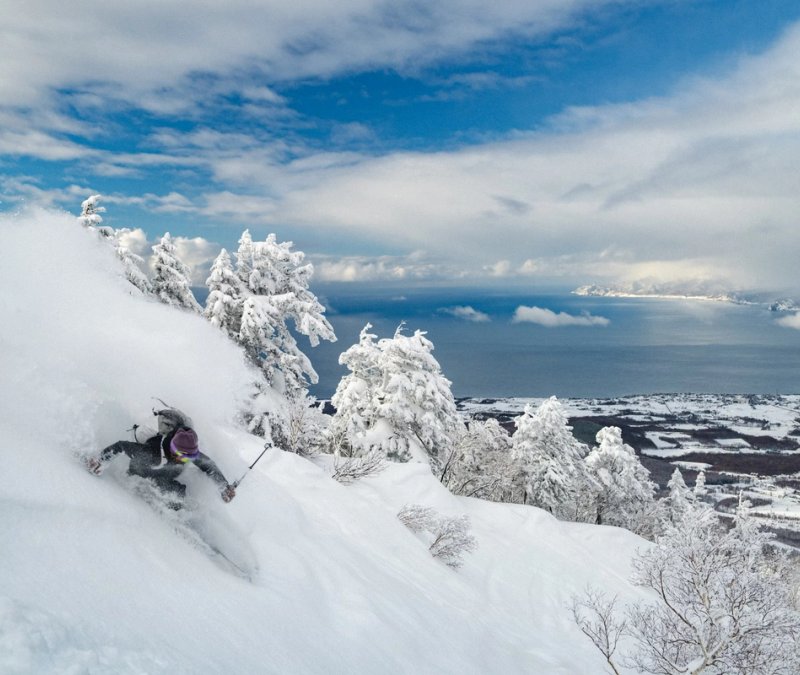
Hokkaido
The classic Japow dream. Colder temps, consistent storms, and deep snow that sticks around. Think tree skiing, lift-access powder, and easy day trips between multiple hills.
View Hokkaido resort reviews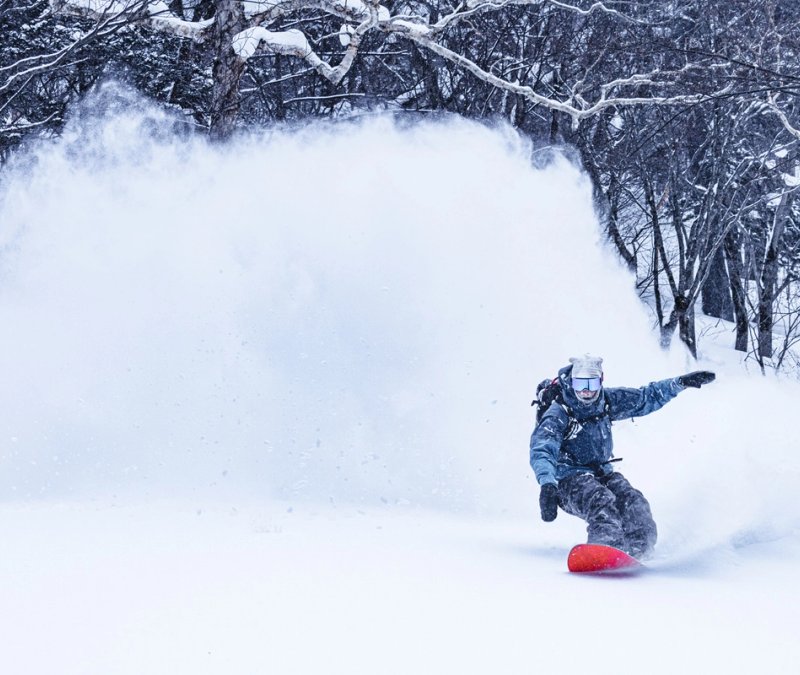
Tohoku (Aomori, Iwate, Akita, Yamagata)
Colder, wilder, and often quieter. A mix of local hills and serious storm magnets, perfect if you like fewer people and don't mind a bit of adventure.
View Tohoku resort reviews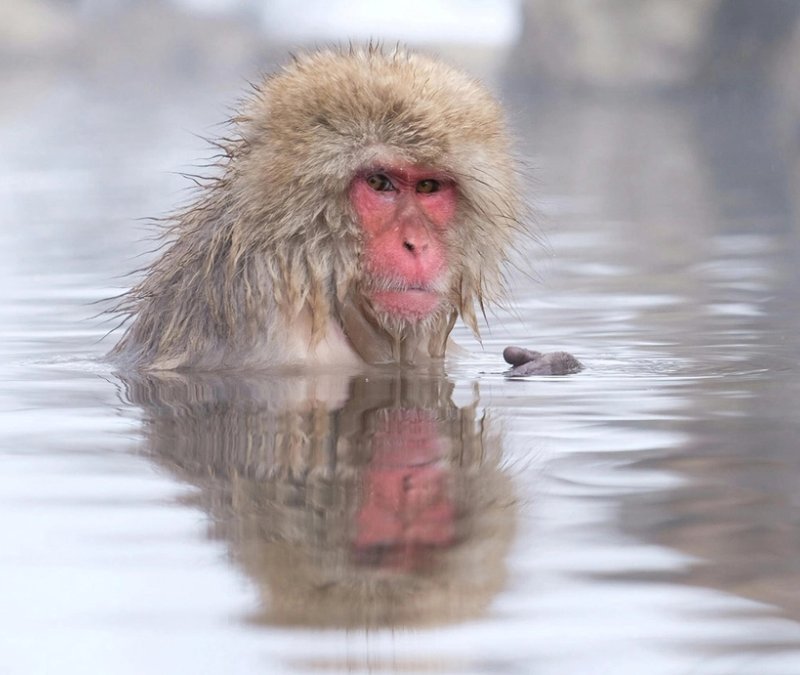
Nagano
Big-mountain feel, steeper terrain, and classic alpine valleys. Great if you want a mix of tree runs, freeride lines and lively ski towns.
View Nagano resort reviews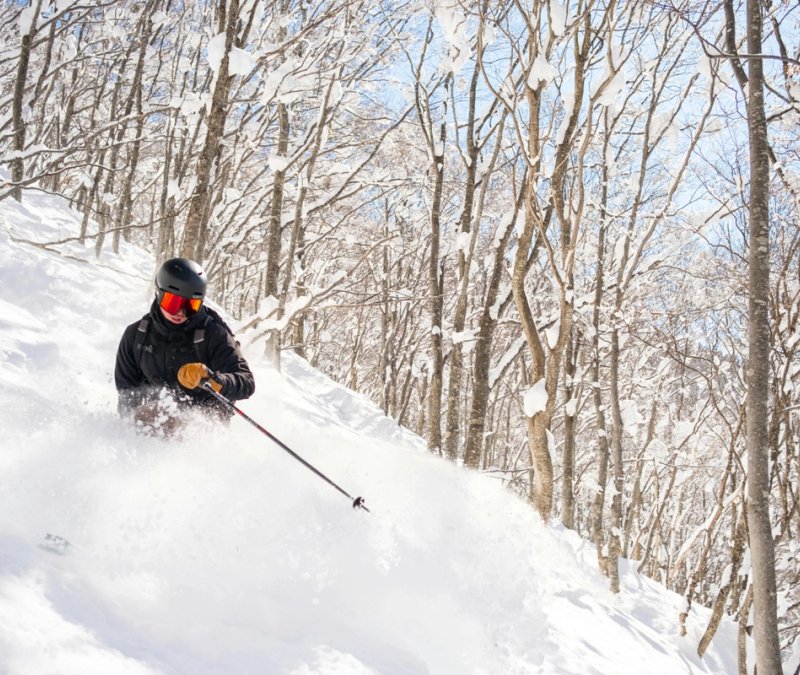
Niigata
Heavy coastal snow, stormy days and excellent tree skiing when visibility allows. A nice match for road trips or anyone keen to explore beyond the obvious names.
View Niigata resort reviews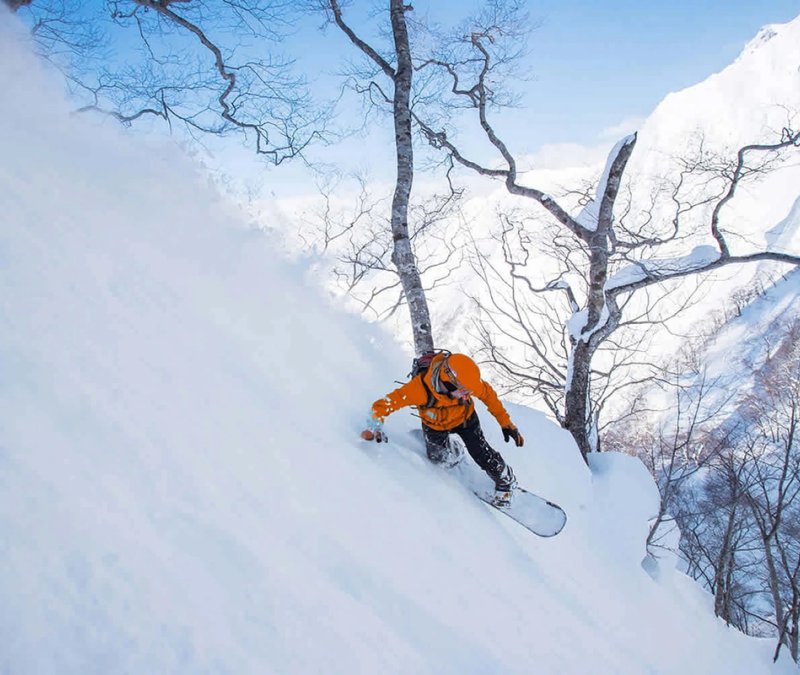
Gunma
Quieter lift networks, interesting terrain pockets and fewer foreign crowds. Ideal if you enjoy pulling up to lesser-known hills and seeing what the locals ride.
View Gunma ski resortsLatest in-depth resort reviews
Every review covers snowfall, terrain, lifts, crowds, access, costs and where to stay. What you actually need to decide if a hill fits your style.
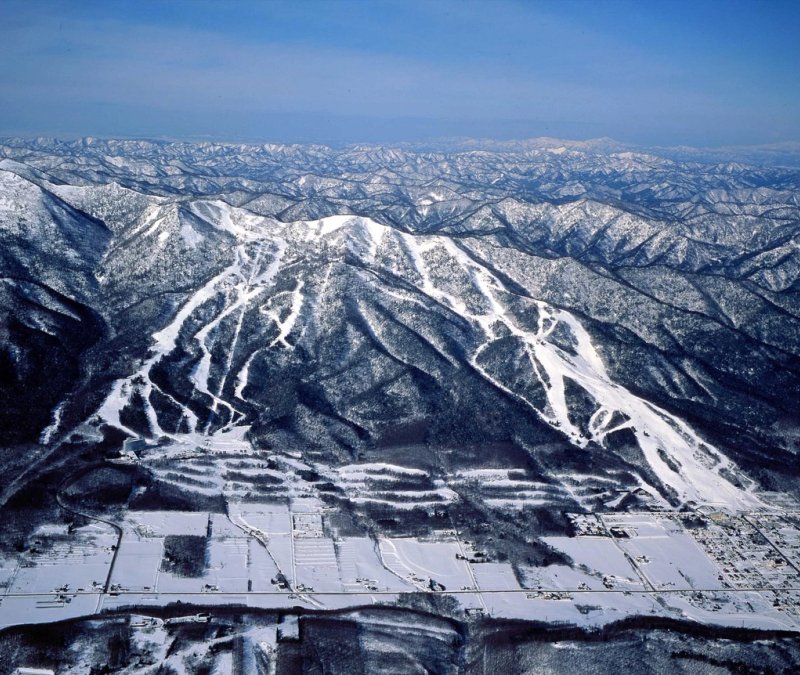
Furano — All-rounder in central Hokkaido
Long groomers, legit side hits and pockets of powder off the main lines, plus a proper Japanese town vibe a short bus ride from the slopes.
Read the review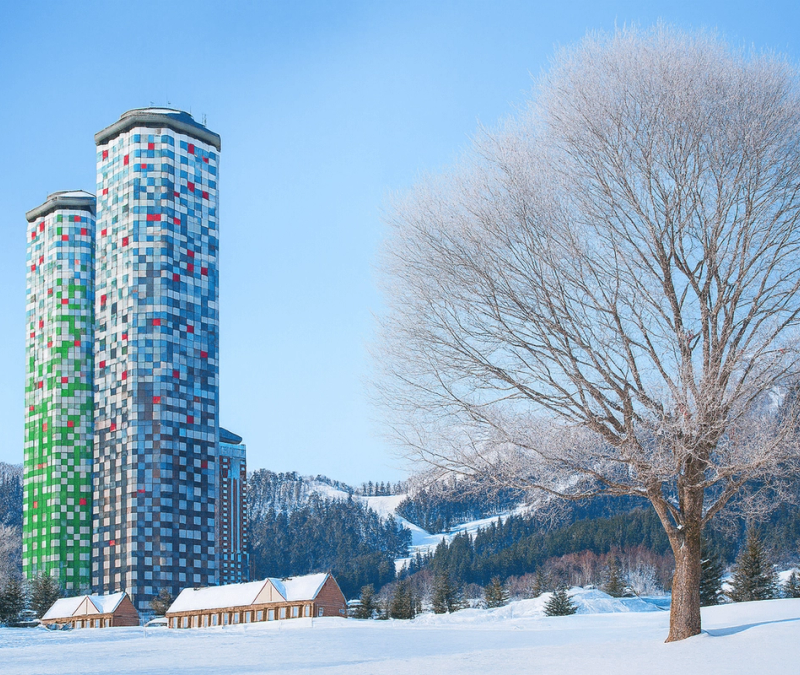
Tomamu — Powder pockets in a resort bubble
A self-contained resort with good beginner options, some sneaky powder stashes and weather-protected terrain that works well for mixed groups and families.
Read the reviewGuides, comparisons and trip-planning intel
Resort stats are one thing. Our guides and comparisons answer the big questions: when to go, which island to choose, how to eat and soak well, and when it's worth hiring a guide.
Guides
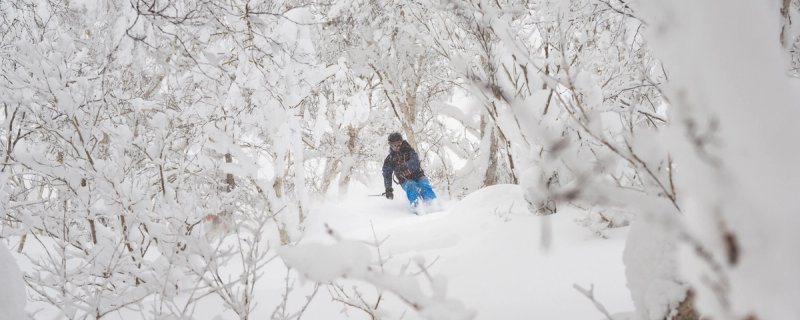
What to expect for snow, temperatures and crowds from early December to late March, plus which regions and resorts shine in each window.
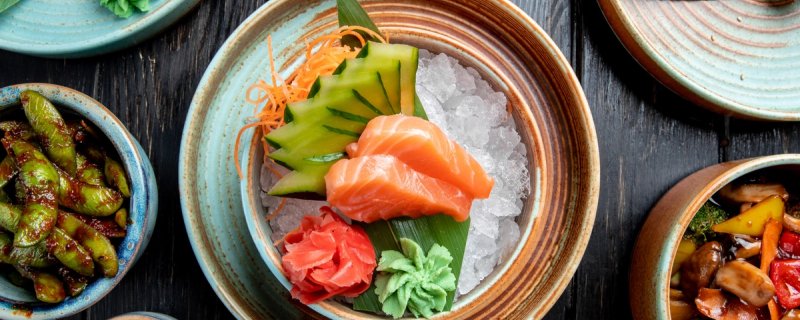
From curry rice and ramen on the hill to late-night izakaya streets in ski towns. What to eat, where to find it, and how to order without speaking much Japanese.
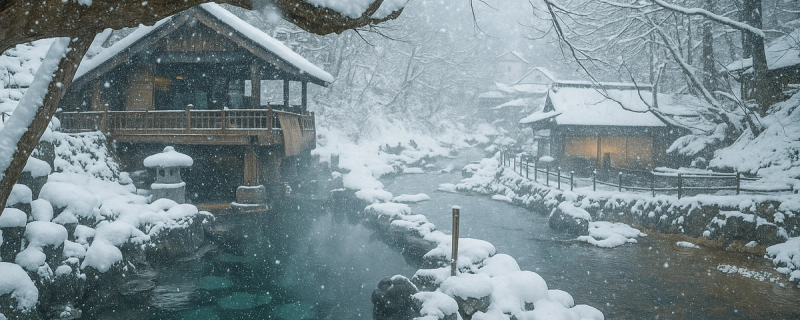
A simple, non-awkward guide to using Japanese hot springs properly after a long day on snow, including tattoos, towels and what to do before you get in.
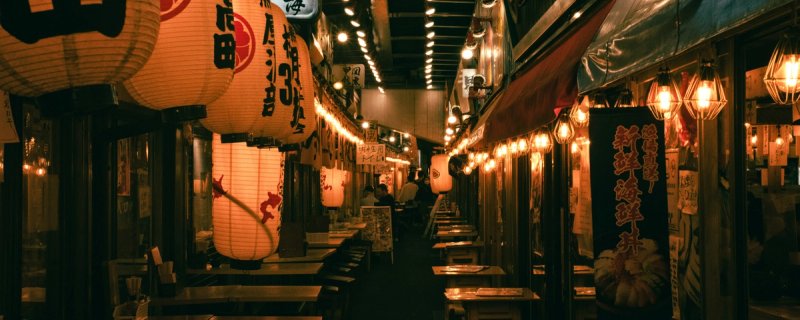
How to find the good spots, what to order and how to avoid tourist traps when you're chasing cold beer and shared plates after riding.
Trip decisions and comparisons
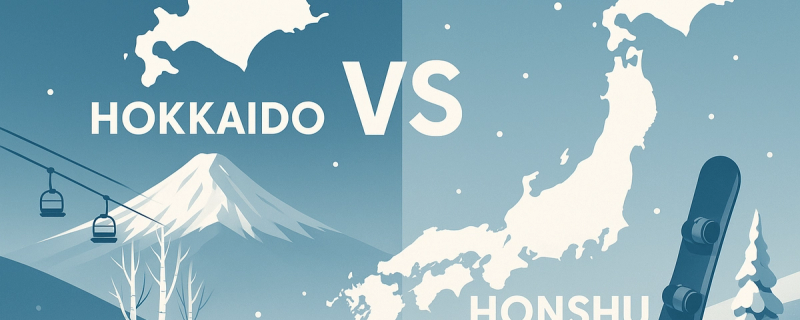
Snowfall, terrain shape, travel logistics and vibe side-by-side, so you can choose the island that actually fits how you like to ski or ride.
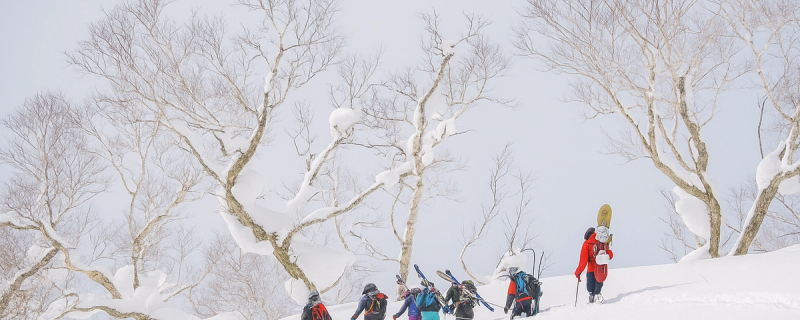
When it makes sense to book a guide, what it costs, how to pick a reputable operator and what to expect on a guided day.
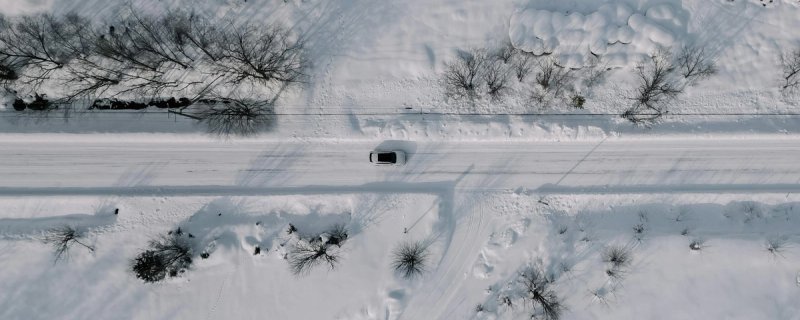
A road trip linking some of Hokkaido's heaviest-hitting resorts on the western side of the island, with ideas for storm days and clearer windows.
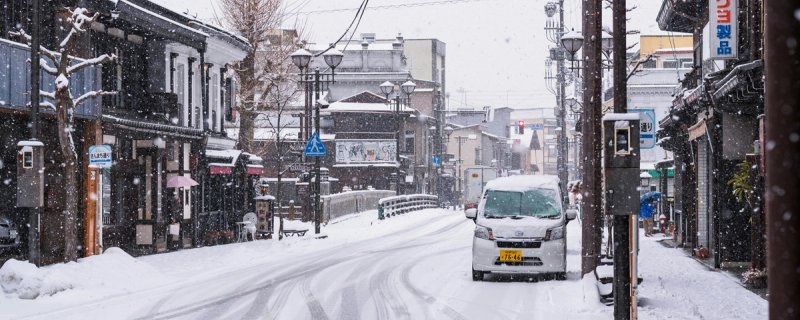
A complementary loop that leans into central and northern Hokkaido, tying together quieter hills, storm magnets and town stays.
Inside the Japow Score
Every resort on Japow Travel gets a Japow Score, a single number out of 10 that sums up how strong it is as a Japan ski destination, based on the things that matter most to skiers and snowboarders.
Snowfall (40%)
How much snow falls and how good it usually is. Big totals, consistent storms and cold temperatures push this number up.
Crowds and lifts (40%)
How fast you can actually ski or ride. We look at lift speed, bottlenecks, lift layout and how quickly powder disappears on a typical day.
Terrain and tree riding (20%)
How fun the mountain is once you're off the chair. Vertical, pitch, variety, tree zones, sidecountry access and how the place skis in different conditions.
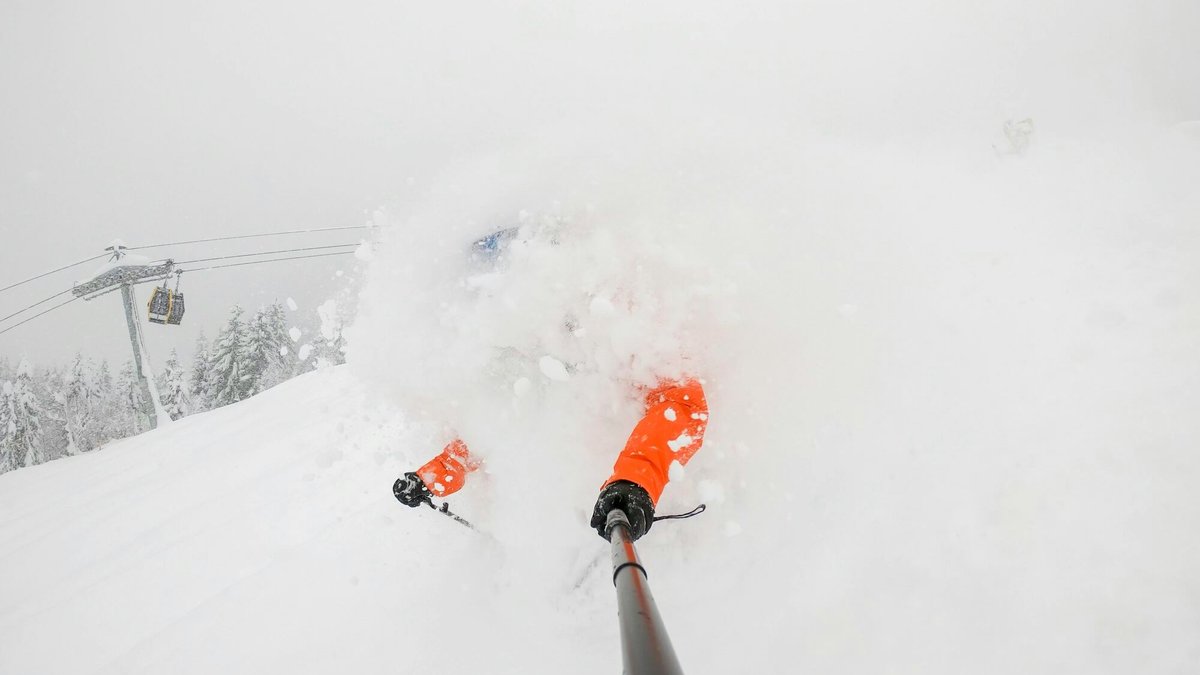
Each review explains the individual scores for these three pillars, then rolls them into a single Japow Score so you can compare resorts at a glance.
Example: A resort with huge snowfall but slower, busier lifts might score high for snow, lower for crowds and lifts, and somewhere in between for terrain and trees ending up with a strong but not perfect overall score.
Learn more about the rating methodologyQuick answers about skiing in Japan
When is the best time to ski in Japan?+
Most riders aim for January and February for the deepest, most consistent powder. December can be patchy early season, while March often brings more sunshine, softer snow and fewer crowds.
Where is the best snow in Japan?+
Hokkaido and parts of northern Honshu (like Tohoku and coastal Niigata) regularly rack up some of the biggest snow totals. Within those regions, certain resorts are known storm magnets, which we flag clearly in each review and Japow Score.
Is skiing in Japan expensive or affordable?+
It can go either way. Big-name destinations and peak weeks can be pricey, but plenty of local hills and secondary resorts offer cheaper lift tickets, food and accommodation.
What are the best Japan ski resorts for families?+
Look for mountains with gentle beginner zones near the base, English-friendly ski schools and simple accommodation near the lifts. In each review we highlight how family-friendly a resort feels and suggest areas that keep logistics easy with kids.
Do you need a car to ski in Japan?+
Not always. Some major resorts are easy via train and bus from big cities. Others are much better with a rental car or van so you can link multiple hills and chase storms.
